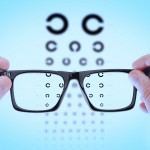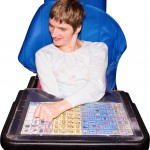
Research by SeeAbility and the RNIB suggests that adults with learning disabilities are ten times more likely to be blind or partially sighted than the rest of the population. If they have severe or profound learning disabilities, then they are likely to have serious sight problems. There already exists some guidance for GPs on responding [read the full story…]









